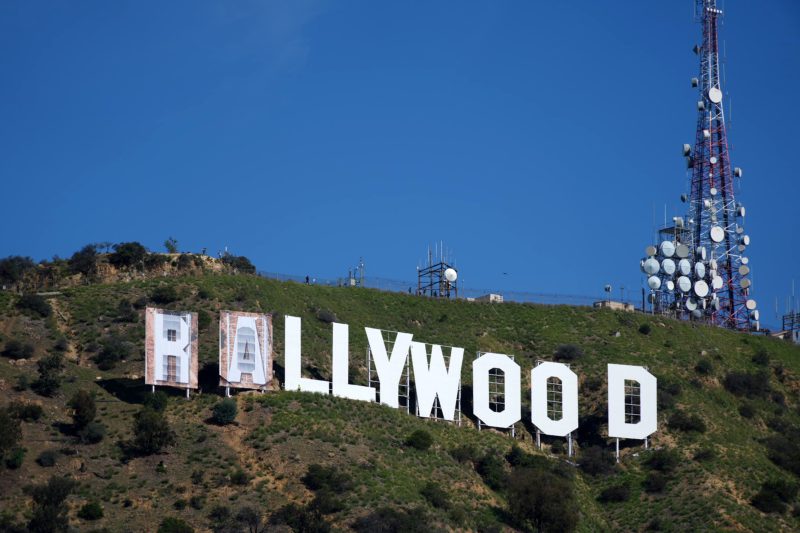Los Angeles is gearing up to host the highly anticipated 2028 Summer Olympics, promising a sustainable and innovative approach to transportation for athletes, officials, and spectators alike. Unlike previous host cities that heavily relied on private cars, Los Angeles is taking a bold step by significantly reducing car usage and instead utilizing a fleet of 3,000 buses to transport attendees throughout the city. This ambitious plan not only aims to alleviate traffic congestion but also aligns with the city’s commitment to environmental sustainability and improving public transportation infrastructure.
The decision to prioritize buses over cars during the 2028 Olympics is a strategic move by Los Angeles to create a more efficient and eco-friendly transportation system for the duration of the games. By opting for buses, the city aims to decrease carbon emissions, reduce traffic congestion, and provide reliable transportation services for both locals and visitors. This shift away from private cars signifies a departure from the traditional reliance on individual vehicle transportation seen in previous Olympic Games, setting a new standard for future host cities to prioritize sustainable mobility solutions.
One of the key advantages of using buses as the primary mode of transportation during the 2028 Olympics is the ability to move a large number of people efficiently. With a fleet of 3,000 buses dedicated to ferrying athletes, officials, and spectators to various venues across the city, Los Angeles aims to streamline the transportation process and ensure smooth logistics during the games. By creating dedicated bus lanes and implementing real-time tracking systems, the city is poised to provide a seamless and reliable transportation experience for all attendees.
Moreover, the decision to focus on buses aligns with Los Angeles’ long-term vision of improving public transportation infrastructure and reducing car dependency in the city. By showcasing the effectiveness of a bus-centric transportation system during the 2028 Olympics, Los Angeles hopes to inspire residents and visitors to embrace alternative modes of travel beyond private cars. This shift towards sustainable transportation solutions not only benefits the environment but also enhances mobility options for all residents, creating a lasting legacy beyond the Olympic Games.
In addition to the environmental and efficiency benefits, the use of buses as the primary mode of transportation for the 2028 Olympics also presents an opportunity for Los Angeles to showcase its cultural diversity and vibrant local communities. As buses traverse different neighborhoods and landmarks throughout the city, attendees will have the chance to experience the rich tapestry of Los Angeles’ cultural heritage and interact with local residents. This unique approach to transportation not only enhances the overall Olympic experience but also fosters a sense of connection and inclusivity among participants and spectators.
Overall, Los Angeles’ decision to implement a bus-centric transportation system for the 2028 Olympics marks a significant shift towards sustainable and innovative mobility solutions for major international events. By prioritizing buses over private cars, the city aims to reduce carbon emissions, improve traffic flow, and create a more inclusive and efficient transportation network for all attendees. As the countdown to the 2028 Olympics begins, all eyes are on Los Angeles to deliver a world-class event that not only celebrates athletic excellence but also sets a new standard for sustainable urban mobility.
